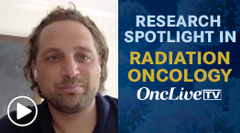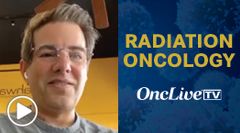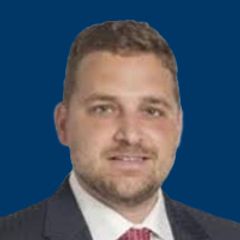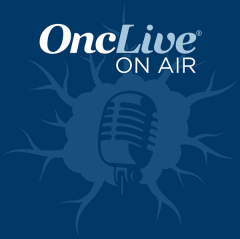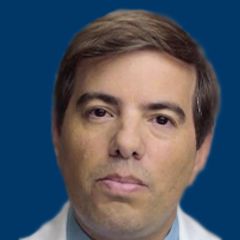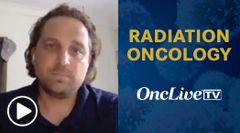
Dr. Scott on the Rationale to Evaluate GARD-Based Radiotherapy Dosing in Oncology

Jacob G. Scott, MD, DPhil, discusses the rationale to evaluate genomic-adjusted radiation dose–based radiotherapy dosing in oncology.
Episodes in this series

Jacob G. Scott, MD, DPhil, associate staff, Departments of Translational Hematology and Oncology Research and Radiation Oncology, Cleveland Clinic, clinical assistant professor, Department of Molecular Medicine, adjunct assistant professor, Department of Physics, Case Western Reserve University School of Medicine, member, Developmental Therapeutics Program, Case Comprehensive Cancer Center, Case Western Reserve University, discusses the rationale to evaluate genomic-adjusted radiation dose (GARD)–based radiotherapy dosing in oncology.
Many patients with cancer who require radiation therapy receive a 5-to-6-week treatment schedule of radiation dosed at around 2 Gy per day, Scott says. However, patients have varied responses to this approach.
Notably, GARD-based radiotherapy dosing quantitatively predicts for how well a patient may benefit from radiation given at a particular dose, Scott explains.
Findings from a recent cohort-based pooled analysis that were published in The Lancet Oncology demonstrated that the biological effect of GARD-quantified radiotherapy is associated with time to first recurrence and overall survival in patients with cancer who received radiation therapy, Scott concludes.


